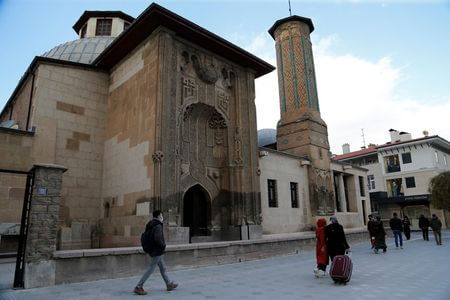
Turkey’s Crisis Rattles the Faithful in Erdogan’s Heartland

Turkish labourer Hasan Sarikaya says he has no job, no money and no hope for a better future while President Tayyip Erdogan – the leader he supported for years – remains in power.
Like many people in the industrial city of Konya in Turkey’s conservative heartlands, which enjoyed an economic boom in the early years of the Erdogan era, Sarikaya has been hit by the crash in the lira, spiralling inflation, and a business slump.
Their misfortunes may spell trouble for Erdogan as economic pain erodes support for Turkey’s most successful modern politician and transforms the next elections, due in mid-2023, into the toughest test of his two decades in power.
“I’m looking for work, I can’t pay my debts… there is no solution. People are fed up now,” said Sarikaya, 31, speaking on a busy Konya street. “I voted (for Erdogan) for years… Watch now, he won’t be able to save himself.”
Erdogan’s enduring appeal through more than a dozen national and local election triumphs was based on a record of economic growth and pious conservative values which enthused millions of Muslim Turks who had long felt ignored by a secular elite.
Konya, home of the revered 13th-century Sufi mystic poet Rumi, has been a bastion for his AK Party (AKP), turning under his rule from an agricultural centre into an industrial powerhouse.
Erdogan won 75% of Konya’s vote in the 2018 presidential election and AKP support was higher than in all but one of Turkey’s 81 provinces. That dominance is now threatened by an unprecedented set of challenges.
Other Konya residents who spoke to Reuters, including industrial workers, farmers and students, echoed Sarikaya’s lament over rising prices and fewer jobs.
Although many said they would stick with Erdogan’s party at the next elections, national surveys over the last year suggest Sarikaya’s disillusion is part of a wider trend, with opposition parties pulling ahead of the AKP and its parliamentary ally, the nationalist MHP.
“Never have we seen such low support for the AKP in the past,” said Sinan Ulgen, director at the Istanbul-based Centre for Economics and Foreign Policy Studies. “There is an increased perception that in 2023 there will be political change.”
WINNER TAKES ALL
Erdogan has ruled Turkey, first as prime minister and later as president, since 2003. Three years ago he assumed wider powers under a new executive presidency that critics say created a hyper-centralised system ill-equipped to tackle Turkey’s economic, political and security challenges.
Power drained from institutions and ministries to the sprawling presidential palace in Ankara. Erdogan has dismissed three central bank governors since 2019, and sacked three bank policy makers in October.
Erdogan says the central bank remains independent, but it bowed to his call to slash interest rates well below inflation, triggering a 56% fall in the lira this year and driving up the cost of living for ordinary Turks.
The presidency did not respond to a request for comment on the impact of government policy on the economy and on support for Erdogan.
His opponents, energised by a groundswell of support, are on the offensive, accusing him of driving Turkey into poverty.
Erdogan’s problems are compounded by the very presidential system he championed, which requires an absolute majority of votes at the ballot box, denying candidates the option of building alliances to reach the threshold.
Polls suggest three potential rivals – the mayors of Istanbul and Ankara, both from the main opposition Republican People’s Party (CHP), and the leader of the nationalist IYI Party – would all beat him in a straight race.
“It’s a ‘winner takes all’ system – that raises the risk at a time when his political popularity is sinking,” Ulgen said.
“A SULTAN IN AUTUMN”
For the first time in an election Erdogan will also face two breakaway parties established by founding members of his AKP.
One is the Gelecek (Future) Party, led by ex-prime minister Ahmet Davutoglu, the other is run by Erdogan’s former ally Ali Babacan. Both offer disenchanted AKP voters a chance to reject Erdogan without abandoning his conservative values.
“If voters have to make a choice and are right-oriented, they will find another right-wing party closer to them,” said Hasan Ekici, local Gelecek Party chairman in Konya.
While national support for the new parties remains in low single digits, even marginal swings to them could harm Erdogan enough to turn the tables.
“Developments since 2018 when Turkey had its first economic crisis under Erdogan… all point to the fact that Erdogan is a sultan in the autumn of his career,” said Soner Cagaptay, director of the Turkish Research Program at The Washington Institute for Near East Policy.
Concern over the 67-year-old leader’s health, rebuffed by the presidential palace, has also swirled. Known as a fiery orator, Erdogan has sometimes appeared tired and pale in the past year, walking awkwardly and dozing off on camera.
In a country where half the population is 31 or younger, many have known no other leader. Erdogan says young Turks should appreciate their country’s progress under him, but he has struggled to win over most young people.
Nevertheless, Erdogan’s party still enjoys more support than any other and can rely on near blanket support from media owned predominantly by his supporters.
His rule witnessed a construction boom and improved health services, and religious Turks welcomed his ending of restrictions on wearing headscarves.
The loose alliance of his opponents lacks an agreed policy platform and has yet to select a presidential candidate.
But the gathering uncertainty over Erdogan’s prospects is rippling out to the wider world, where he has been making tentative efforts to repair strained relations with some of Turkey’s allies and rivals.
Unal Cevikoz, a retired ambassador, said countries such as Egypt and Israel, long at odds with Erdogan, were in no rush to make up with him.
“People sense that the wind of change is now blowing and everybody is waiting for a change in the government,” he said.
************
Disclaimer
The opinions expressed in this article are the author’s own and do not reflect the views of Chanakya Forum. All information provided in this article including timeliness, completeness, accuracy, suitability or validity of information referenced therein, is the sole responsibility of the author. www.chanakyaforum.com does not assume any responsibility for the same.
Chanakya Forum is now on . Click here to join our channel (@ChanakyaForum) and stay updated with the latest headlines and articles.
Important
We work round the clock to bring you the finest articles and updates from around the world. There is a team that works tirelessly to ensure that you have a seamless reading experience. But all this costs money. Please support us so that we keep doing what we do best. Happy Reading
Support Us



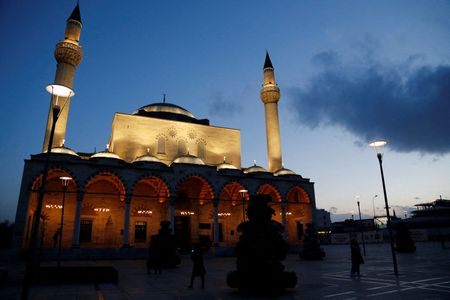
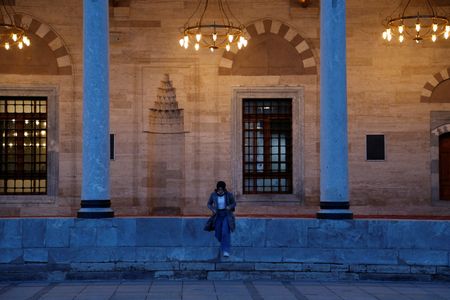
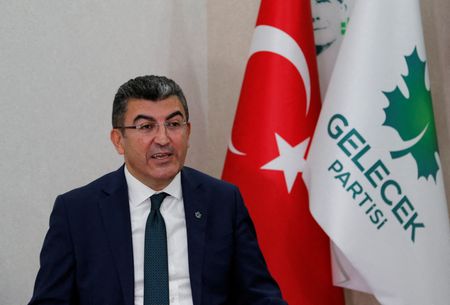
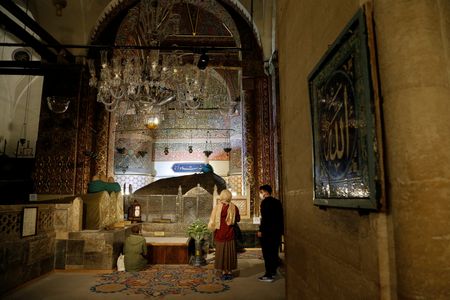
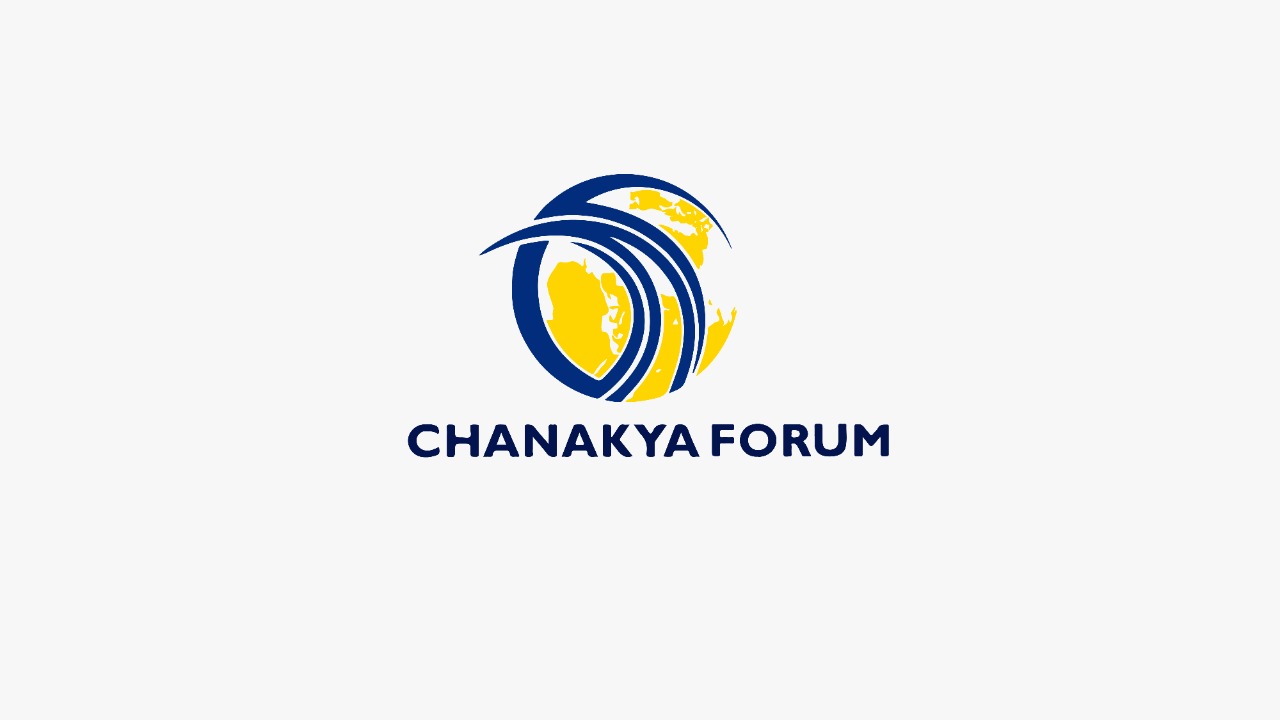

















POST COMMENTS (0)